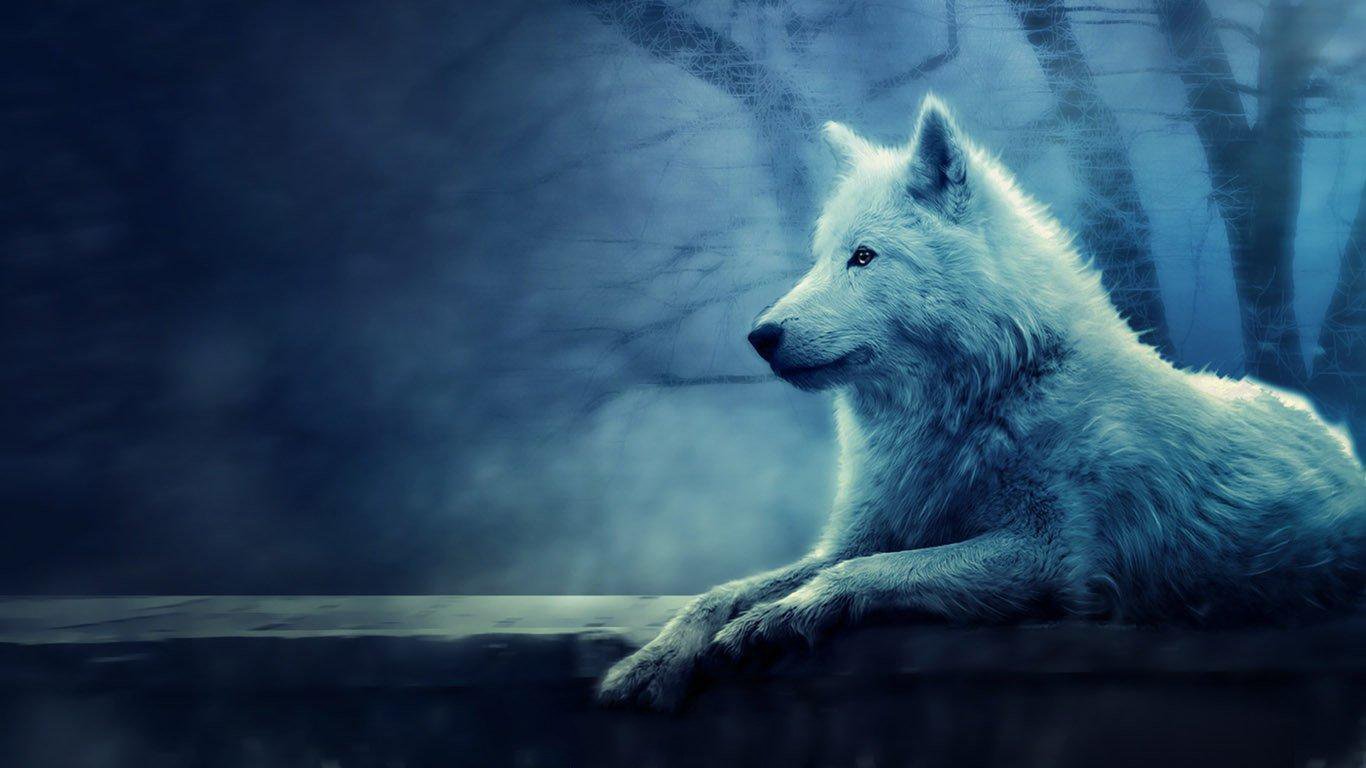
For centuries, spirit beasts have been regarded as a source of meaning, wisdom and power. In their origins, spiritual animals or totems have always been a symbolic guide for our unconscious mind to a journey of self-discovery.
Before the advent of psychology and personality types, animals were used as a means of understanding ourselves. Among all the power animals, the wolf has a powerful symbolic meaning.
The personality characteristics of wolves are strong instinct, intuition and high IQ. The wolf wanders in the wild with a desire for freedom and works in a social environment.
Young wolves on the verge of sexual maturity are sometimes driven out of the pack by the male leader of the pack, losing all social connections. These "lone wolves" must learn to protect themselves without the help of any social group: they must become stronger.
Wolf spirit animal righteousness
Ancient cultures and indigenous peoples believed that animals and humans have the same spiritual essence. They also believe that these animals are attracted to us and appear in front of us at specific moments in our lives to reveal information.
The wolf totem symbolizes:
Closely connected with your intuition or intuition
High IQ
Loyalty and communication
A deep desire for freedom
The history of wolf spirits
Wolves have always been prominent in history. In modern culture, we associate wolves with negative traits, such as the darkness represented by the werewolves in mythology (the story of King Lycaon and Zeus). For example, in "Aesop's Fables", they are portrayed as evil and dangerous characters, as in the stories of "The Boy Who Calls the Wolf" and "The Wolf in Sheep's Clothing." Brothers Grimm's story "Little Red Riding Hood" also portrays the big bad wolf as fierce and scary.
Fortunately, people don't always look at wolves in such a negative light. In fact, according to some historians, wolves and humans once lived together. They also have many similar human characteristics.
Native American Indians may have the greatest symbolic significance to wolves. They take wolves as an example in hunting methods, cooperation and efficiency, and regard wolves as proud hunters, loyal friends and smart teachers. They also believe that the wolf is a spiritual pioneer, a symbol of wisdom and leadership.
Rome is one of the most famous wolf-making legends. According to legend, the two founding brothers of Rome, Romulus and Remus, were raised by a she wolf.
In Egyptian mythology, the wolf Wepwawet (also translated as Upuaut, Wep-wawet, Wepawet and ophis) was originally a god of war, and his name means; the person who opened the way. It is worth noting that Native American Indians, a person of a completely different race and culture, believe that wolves also have a special connection with our way of life.
The Mongols think they are descendants of wolves. Legend has it that a small Turkic village in northern China was attacked by Chinese soldiers, but a small baby was left behind. An old she-wolf named Asena found the baby and fed him. Then she gave birth to half-wolf and half-human cubs, and the Turks were born.
In Asia, the wolf is the guardian of the entrance to heaven. The wolf is also said to be one of the ancestors of Genghis Khan.




